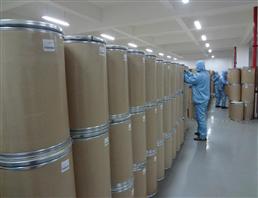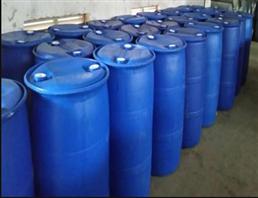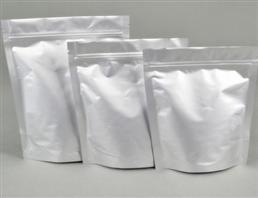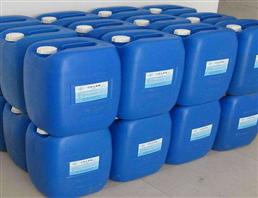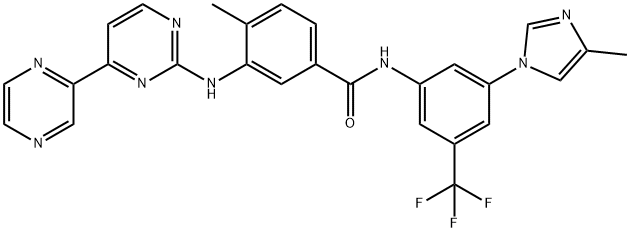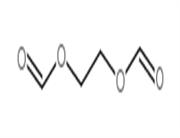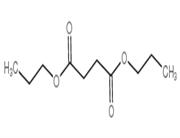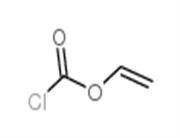Radotinib
$ 1.00
/1KG
- Min. Order1KG
- Purity≥98%
- Cas No926037-48-1
- Supply Abilityg/kg/Ton
- Update time2019-12-26

career henan chemical co
VIP7Y
 China
China
Enterprise Verified
Business Bank account
Basic Contact Infomation
Business Address
Trade Company



Chemical Properties
| Product Name | Radotinib |
| CAS No | 926037-48-1 |
| EC-No | |
| Min. Order | 1KG |
| Purity | ≥98% |
| Supply Ability | g/kg/Ton |
| Release date | 2019/12/26 |

